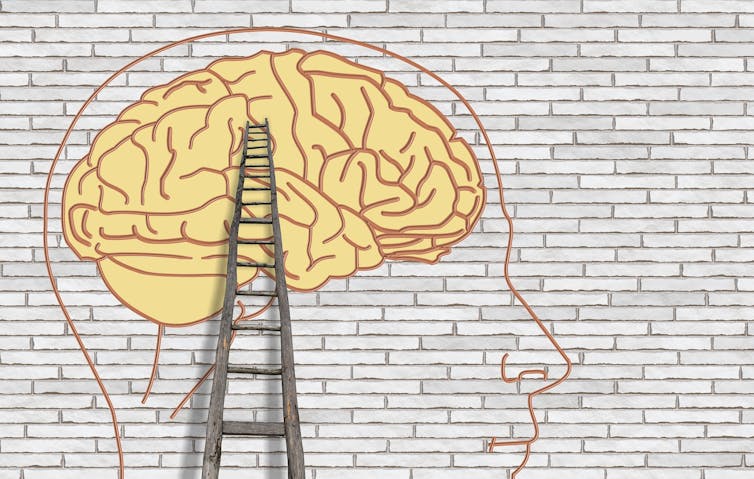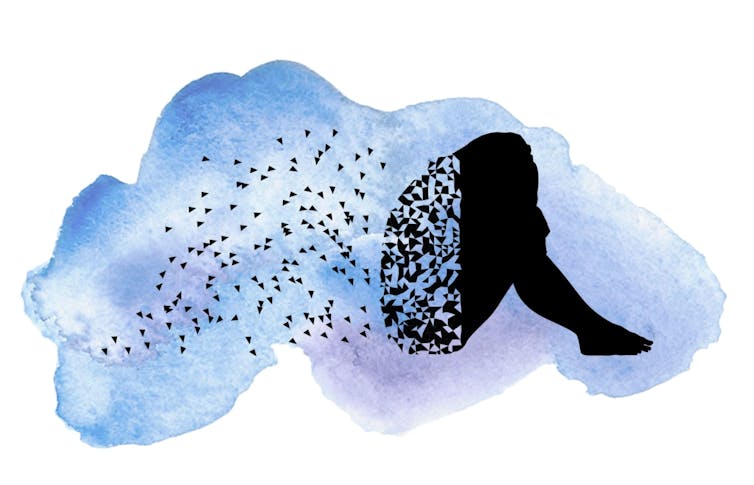Canada News
Medical assistance in dying for mental illness ignores safeguards for vulnerable people

The federal government’s proposed Bill C-7 seeks to expand access to medical assistance in dying (MAID) to people whose death is not reasonably foreseeable, significantly reducing the safeguards that protect vulnerable people.
The bill was reviewed by the Senate in February and returned to the House of Commons with amendments that would broaden access even further.
People whose suffering is caused by mental illness alone do not currently have access to MAID. However, the Senate recommended Bill C-7 contain a “sunset clause” that would lift this exclusion in 18 months. The Trudeau government has extended the clause to 24 months but has otherwise accepted it, meaning that in 18 to 24 months, MAID will be provided to those suffering solely from a mental illness.
Notwithstanding diverse opinions on this issue, the real question is not about whether MAID should be offered for mental illness. It’s whether mental illnesses could possibly qualify for MAID under conditions the Canadian public has been assured MAID is being provided for. On this question, there is no legitimate debate.
The underpinning of MAID
The fundamental underpinning of all MAID requests is supposed to be the presence of “a grievous and irremediable medical condition.” The blunt and indisputable reality is that, unlike for much more predictable medical conditions with better understood biologies, it remains currently impossible to predict whether mental illness is irremediable.
The Centre for Addiction and Mental Health has concluded: “There is simply not enough evidence available in the mental health field … to ascertain whether a particular individual has an irremediable mental illness.”
After 15 months of studying global evidence, the Council of Canadian Academies came to the same conclusion, as did the Expert Advisory Group on MAID. Both the American Psychiatric Association (APA) and Royal Australian and New Zealand College of Psychiatrists (RANZCP) have also concluded that there’s no evidence to support providing MAID solely for mental illness.

Those who advocate expanding access to MAID propose mitigating this reality with “safeguards.” This ignores the fact that irremediability is itself the primary safeguard built into the MAID framework, and bypassing it renders all other supposed “safeguards” meaningless.
Because we cannot predict irremediability, there is 100 per cent certainty that MAID will be provided to some people who could recover — there is no safeguard against that. Suggesting otherwise is akin to a society that declines to use the death penalty over concerns of potentially executing the innocent, but then implements the death penalty anyway with false “safeguards” to reassure the public even as the wrongly convicted are executed.
Regrettably, while the APA and RANZCP have provided meaningful evidence-based guidance in their societies’ debates on MAID and mental illness, Canadian psychiatric associations have not. After failing to consult members for two years, the Canadian Psychiatric Association released its position statement in 2020 that “patients with a psychiatric illness … should have available the same options regarding MAID as available to all patients.” Remarkably, the association also said that its statement was “never intended to … examine whether psychiatric conditions are irremediable and if so, how this should be assessed.”
Equally remarkably, the president of the Québec Psychiatric Association (AMPQ) responded to concerns about the lack of supporting evidence by saying in recent Senate hearings: “This is not a data-driven question, this is an ethical question.” That sentiment is reflected in an AMPQ document offering guidance on developing a MAID framework for mental illness.
Medical bodies should provide evidence-based guidance within the wheelhouse of their expertise, not sidestep evidence to present other opinions based on other values.
Other evidence highlights the risks of providing access to easy death to suicidal, vulnerable and marginalized people who are not dying but suffering from psychosocial life stress. Even the Office of the United Nations High Commissioner for Human Rights has raised the alarm that Canada’s pending MAID policy will prematurely end vulnerable lives.
These concerns simply serve as icing on the cake to the indisputable, evidence-based reality that there is no predictably irremediable mental illness for which MAID can be provided. And the government’s 24-month sunset clause is as meaningful as a decree telling coronavirus to disappear — non-existent evidence cannot simply be commanded to appear.
Mental illness is all too common
We are poised to provide death for mental illness to potentially suicidal, non-dying marginalized people suffering from life distress who have the potential to recover — all based on less evidence than is required for the approval of any sleeping pill. Given the ubiquity of mental illness, no family needs to look very far to appreciate the implications.
Years ago, I had the pleasure of meeting our prime minister’s mother, Margaret Trudeau, to present her a mental health advocate award from the Ontario Psychiatric Association. I recall her vibrancy as she spoke of her life experiences and graciously mingled with my colleagues and me after dinner. I also recall the poignancy of her descriptions of despair during her periods of deep depression, including hopeless times she wished to die.
While of course no one can know what choices they would have made differently in the past, it is undeniable that, if MAID for mental illness is allowed in pending legislation, somebody’s mother or father will be provided MAID while they remain competent during a period of despair. They will not have the chance Margaret Trudeau fortunately had to improve and continue living a more fulfilling life with her family.
If Canada wants to provide MAID to people who are suffering but whose illness might get better, we should have an honest debate and our MAID framework should reflect that. But if MAID is meant for irremediable conditions, evidence shows it would be a dishonest and hypocritical deception to offer it for mental illness.
Unfortunately, in Canada’s debate about medical assistance in dying, evidence has already been provided a medically assisted death.
Karandeep Sonu Gaind, Associate Professor of Psychiatry, University of Toronto
This article is republished from The Conversation under a Creative Commons license. Read the original article.





















